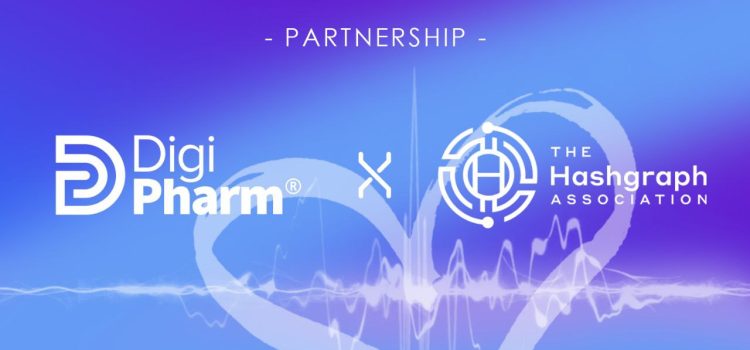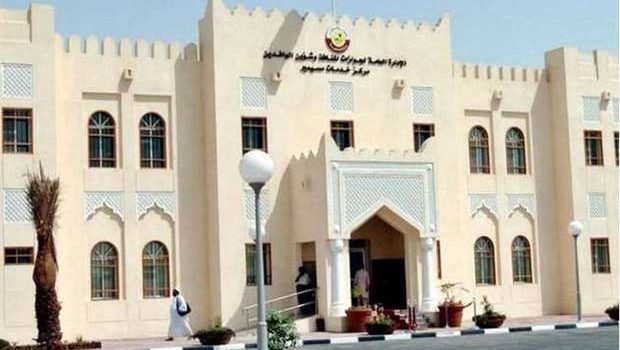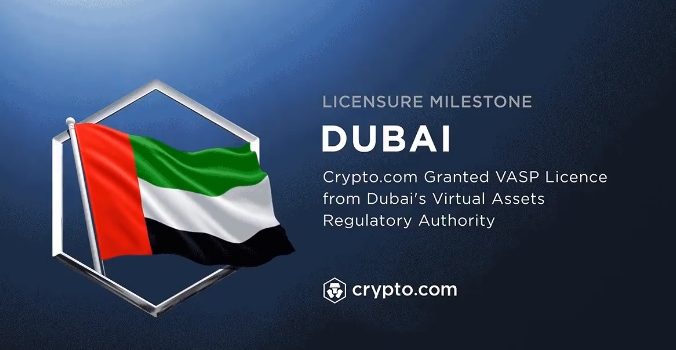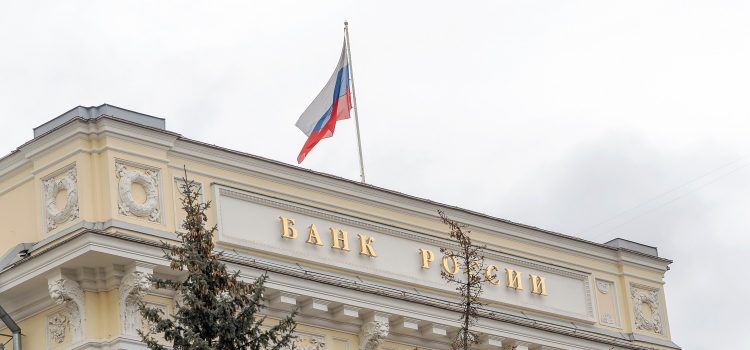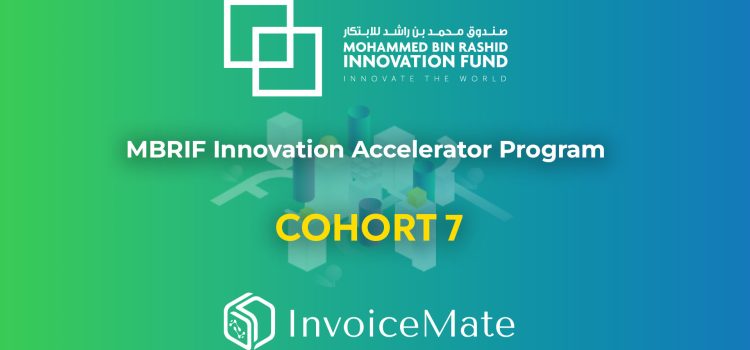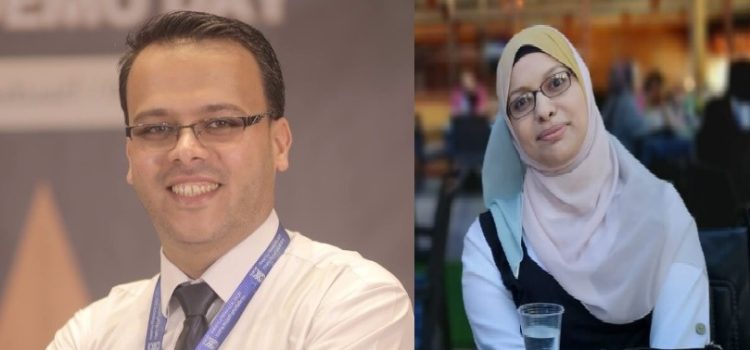
Digipharm, a value-based healthcare ecosystem dedicated to transforming healthcare procurement and patient engagement, today announces its participation in the “Hashgraph Innovation Program” driven by The Hashgraph Association, the not-for-profit accelerating adoption of the Hedera network globally. As a revolutionary step in blockchain technology and decentralised application development, this partnership will significantly bolster the capabilities and outreach of Digipharm’s Reimburse and Digihealth platforms.
DigiPharm works with UAE based Burjeel Medical City. In 2022, Burjeel Medical City (BMC), and Digipharm joined hands to design and validate a new model for patient care in the UAE. The new platform, will focus initially on the Bone Marrow Transplantation program and will later expand to other specialties at the hospital.
Digipharm is an industry leader in the value-based healthcare arena. Its flagship product, Reimburse, stands out as a pioneering value-based procurement platform which has been adopted by government clients spanning from the UK to the Middle East.
Additionally, esteemed private hospital groups are leveraging Reimburse to redefine their healthcare offerings. Digihealth, another element of Digipharm’s offering, is curated as a patient engagement ecosystem. Its primary aim is to enhance patient preference and engagement, ensuring that healthcare decisions resonate with the needs and insights of the very individuals they impact.
The Reimburse and Digihealth platforms, key innovations by Digipharm, align perfectly with the core objectives of the Hashgraph Innovation Program. These platforms, built to redefine patient-centric care and healthcare finance, will greatly benefit from the innovation program. With the support from the Hedera network, both platforms will undergo extensive ideation, proof-of-concept modelling, and minimum viable product (MVP) development, ensuring that they stand at the forefront of healthcare technology.
Kamal Youssefi, President of The Hashgraph Association, said; “We are thrilled to welcome Digipharm to the “Hashgraph Innovation Program”, pioneering the way towards value-based healthcare. This partnership will catalyse new and innovative ways to accelerate decentralised solutions on the Hedera network, while identifying real-world use cases. We’re confident that by providing the funding and support to Digipharm, we’ll help bring the benefits of DLT to healthcare systems worldwide.”
Speaking on this significant partnership, Ahmed Abdulla, CEO at Digipharm, commented, “Joining the Hedera Hashgraph Innovation Program is a monumental leap for Digipharm. We are eager to harness the extensive resources and expertise from this collaboration to further enhance Reimburse and Digihealth, ensuring we deliver unmatched solutions in healthcare.”
As part of this esteemed group, Digipharm is set to benefit from the vast network, financial support, and unparalleled expertise provided by the Hashgraph Association. This collaboration solidifies Digipharm’s commitment to integrating top-tier blockchain solutions into healthcare, creating a brighter and more sustainable future for the sector.








